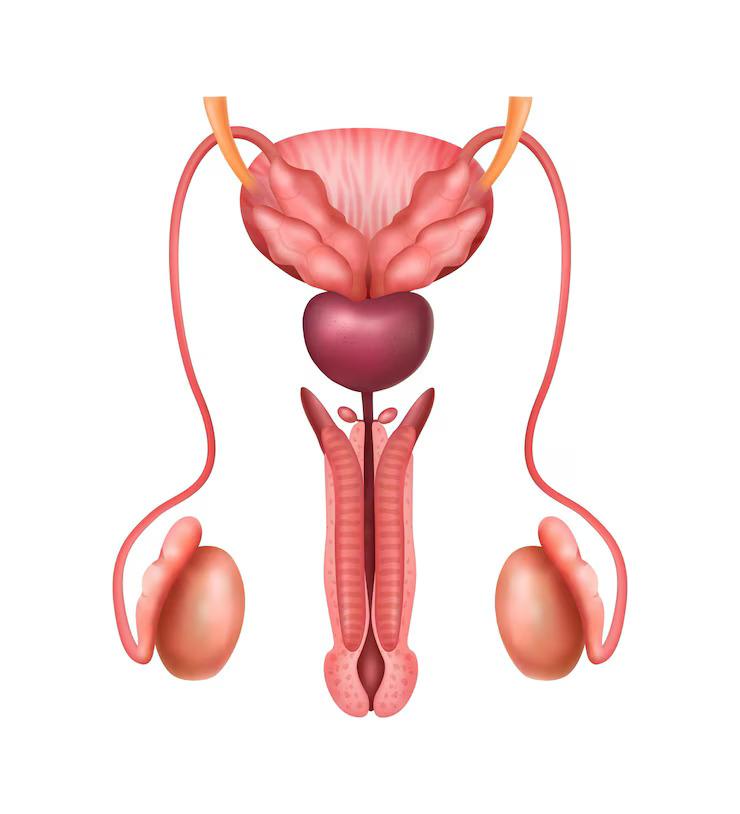Prostate cancer is one of the most common types of cancer affecting men worldwide. While many cases of prostate cancer are slow-growing and may not cause significant harm, there are instances where the disease exhibits aggressive behavior, posing greater challenges for diagnosis and treatment. In this blog, we'll delve into what aggressive prostate cancer entails, its characteristics, risk factors, and available treatment options.
What is Aggressive Prostate Cancer?
Aggressive prostate cancer refers to a subtype of prostate cancer that exhibits rapid growth, high potential for metastasis (spread to other parts of the body), and resistance to standard treatments. Unlike slower-growing forms of prostate cancer, aggressive prostate cancer can progress quickly and may pose a higher risk of mortality if not managed promptly and effectively.
Characteristics of Aggressive Prostate Cancer:
Several key characteristics distinguish aggressive prostate cancer from less aggressive forms:
-
High Gleason Score: The Gleason score is a grading system used to assess the aggressiveness of prostate cancer cells based on their appearance under a microscope. Aggressive prostate cancers typically have a Gleason score of 8 to 10, indicating poorly differentiated or highly abnormal cells.
-
Elevated PSA Levels: Prostate-specific antigen (PSA) levels may be significantly higher in aggressive prostate cancer cases, reflecting a greater volume of cancerous tissue within the prostate gland.
-
Large Tumor Size: Aggressive prostate cancers may present with larger tumors or extensive involvement of the prostate gland, increasing the risk of local invasion and metastasis.
-
Extraprostatic Extension: Aggressive prostate cancers may extend beyond the prostate gland and invade surrounding tissues or organs, such as the seminal vesicles, bladder, or rectum.
-
High Risk of Metastasis: Aggressive prostate cancers have a higher propensity for metastasis to distant sites in the body, such as the lymph nodes, bones, liver, or lungs, making them more challenging to treat and manage.
-
Resistance to Treatment: Aggressive prostate cancers may exhibit resistance to standard treatments such as surgery, radiation therapy, or hormone therapy (androgen deprivation therapy), requiring alternative or more aggressive treatment approaches.
Risk Factors for Aggressive Prostate Cancer:
Several factors may increase the risk of developing aggressive prostate cancer, including:
- Family history of prostate cancer
- African American ethnicity
- Older age
- High PSA levels
- Poorly differentiated cancer cells on biopsy
Treatment Options for Aggressive Prostate Cancer:
Treatment for aggressive prostate cancer typically involves a combination of therapies tailored to the individual patient's disease characteristics, overall health, and treatment goals. Options may include:
- Surgery (radical prostatectomy) to remove the prostate gland and surrounding tissues
- Radiation therapy, including external beam radiation or brachytherapy
- Hormone therapy to suppress testosterone production or block its effects on prostate cancer cells
- Chemotherapy, particularly for advanced or metastatic disease
- Targeted therapies and immunotherapy, which may be used in combination with other treatments to improve outcomes
Conclusion:
Aggressive prostate cancer presents unique challenges and requires a comprehensive approach to diagnosis, treatment, and management. Early detection, accurate risk assessment, and personalized treatment planning are essential for optimizing outcomes and improving survival rates for patients with aggressive prostate cancer. If you have concerns about prostate cancer or are experiencing symptoms such as urinary difficulties, it's crucial to consult with a healthcare provider for proper evaluation and guidance tailored to your individual needs.


